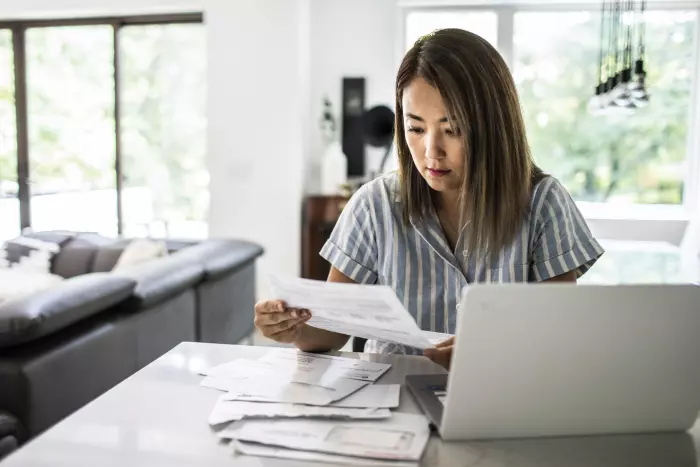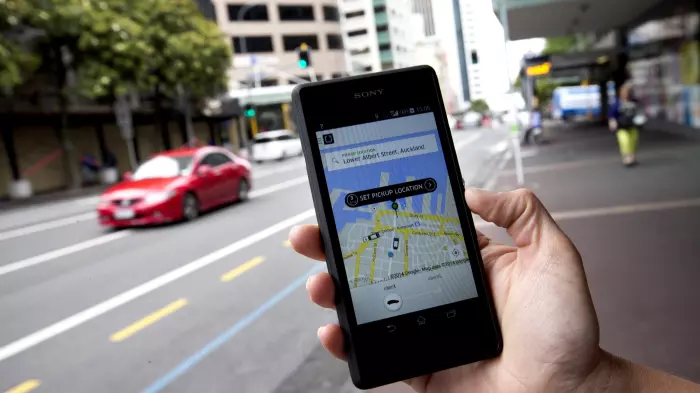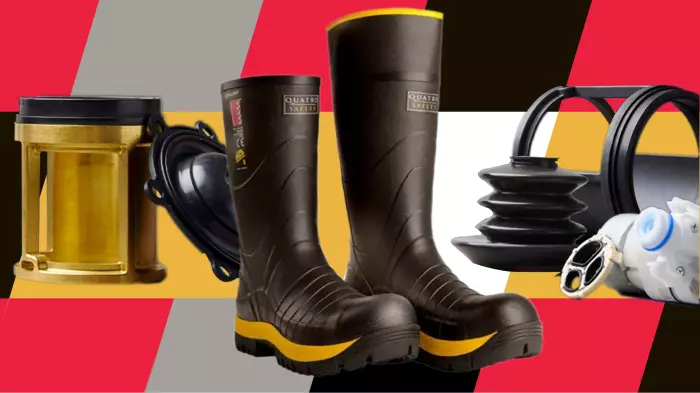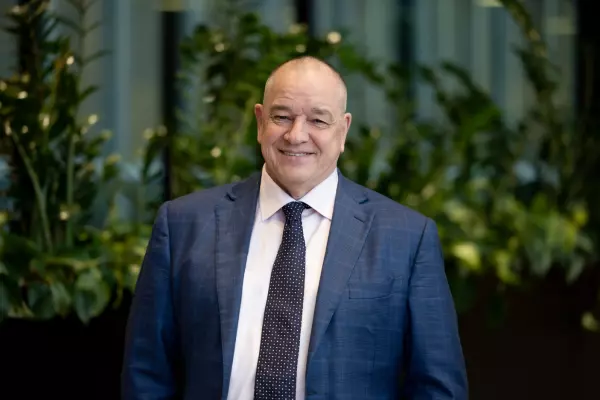BusinessDesk investments editor Frances Cook responds to emails from readers each week to answer questions about money. Below, you will find her expert advice. Send your own questions to [email protected].
Hi Frances
Should I pay off my debts before saving for a three-month emergency fund?
Thanks
M
Hi M
Great question. You’ve kept it short and sweet, so I’ll fill in some blanks on things that could affect your decision.
There are a couple of things that will change my answer. The first is, do you have any savings at all now? And the second is, how high is the interest on the debts you’re paying off?
Savings
If you don’t have any savings at all, I would recommend having at least $1000 in an emergency savings account.
You might need to build this up at the same time as paying off debts, which can be tough.
Even if you only put $20 a week into that savings account, it will hit $1000 in less than a year.
This will save you from some of life’s nasty surprises, like a car breakdown or other unexpected but unavoidable bills.
The reason for this is as much mental as it is about the money maths.
If you have this smaller savings account ready to go, you will feel more secure. It’s easier to make good decisions when you’re feeling more secure, rather than fearful.
You also won’t have to go into more debt if you’re hit by a dose of bad luck.
The danger here is that going into more debt can be very demotivating, and some people will give up entirely. We don’t want that for you.
So, this smaller savings account is an important priority, even when you still have debt.
Type of debt
The next question is: what type of debt we’re talking about you paying off?
If we’re talking about high-interest debt payments, such as credit cards or car loans, they absolutely need to be the next top priority.
These things drag you backwards, as they cost so much more than it seems at first glance.
The faster you can pay them off, the more money you will save overall.
There are two tactics that you could use to pay these off faster.
The first is the Debt Avalanche. You pick the highest interest debt and focus all of your extra money on paying that off.
This will pay off your debt the fastest and, technically, save you the most money.
If we were all robots, this would be the only way to pay off debt.
But if you’re someone who needs help with motivation, there’s also the Debt Snowball.
You pick the smallest debt, and focus all of your extra money on paying that off. You get a quick win, a surge of confidence, and a reminder that you can do this.
Really, the most important thing is that you pick a method that works for you, and keeps you committed to the plan.
One thing I’d also say is that if we’re talking a lower interest rate, longer-term debt, such as a mortgage or even a business loan, then it’s different again.
Paying those off quickly is also a good idea, but they’re often a multi-year commitment, and they’re less damaging to your financial future than something like credit card debt.
You could try something such as splitting your extra cash across the debt payment, and a savings account to build up your three-month emergency fund.
The bottom line
A quick reminder that everyone’s situation is different, but here’s the short version of the priority order I’d recommend when weighing up savings versus paying off debt.
- Build up a $1000 emergency fund.
- Make extra repayments on high interest debt such as credit cards or car loans.
- Build up three months of emergency savings.
- Make extra repayments on lower-interest, longer-term debt.
Send questions to [email protected] if you want to be featured in the column. Emails should be about 200 words, and we won't publish your name. Unfortunately, Frances is not able to respond to every email received or offer individual financial advice.
Information in this column is general in nature and should not be taken as individual financial advice. Frances Cook and BusinessDesk are not responsible for any loss a reader may suffer.














